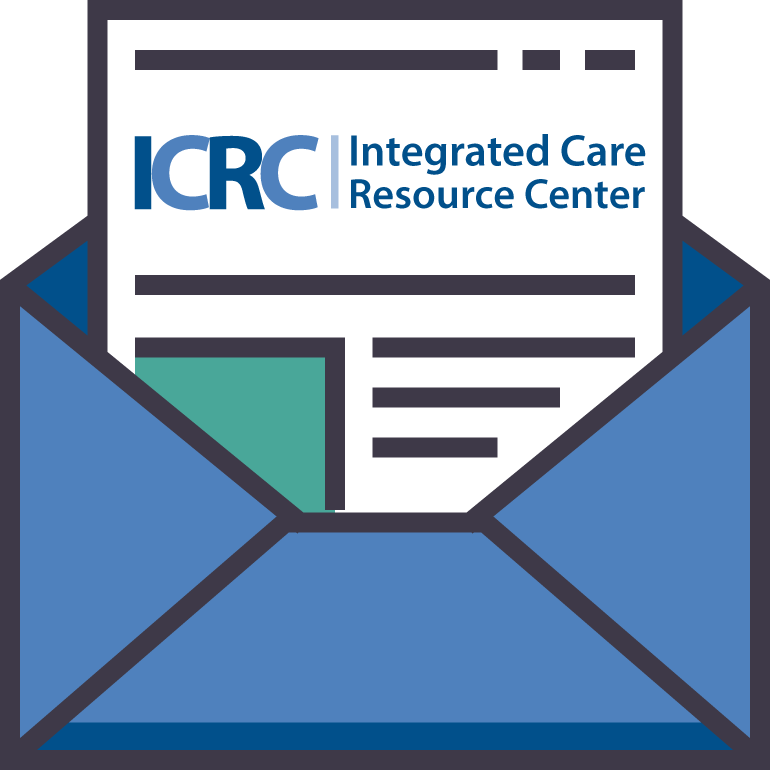Helping states develop integrated programs for individuals who are dually eligible for Medicare and Medicaid
Latest Resources
Technical Assistance Tool | December 2025
Working with Medicare | December 2025
Working with Medicare | October 2025
Technical Assistance Tool | August 2025
Key Upcoming Dates
There are no upcoming events scheduled.







